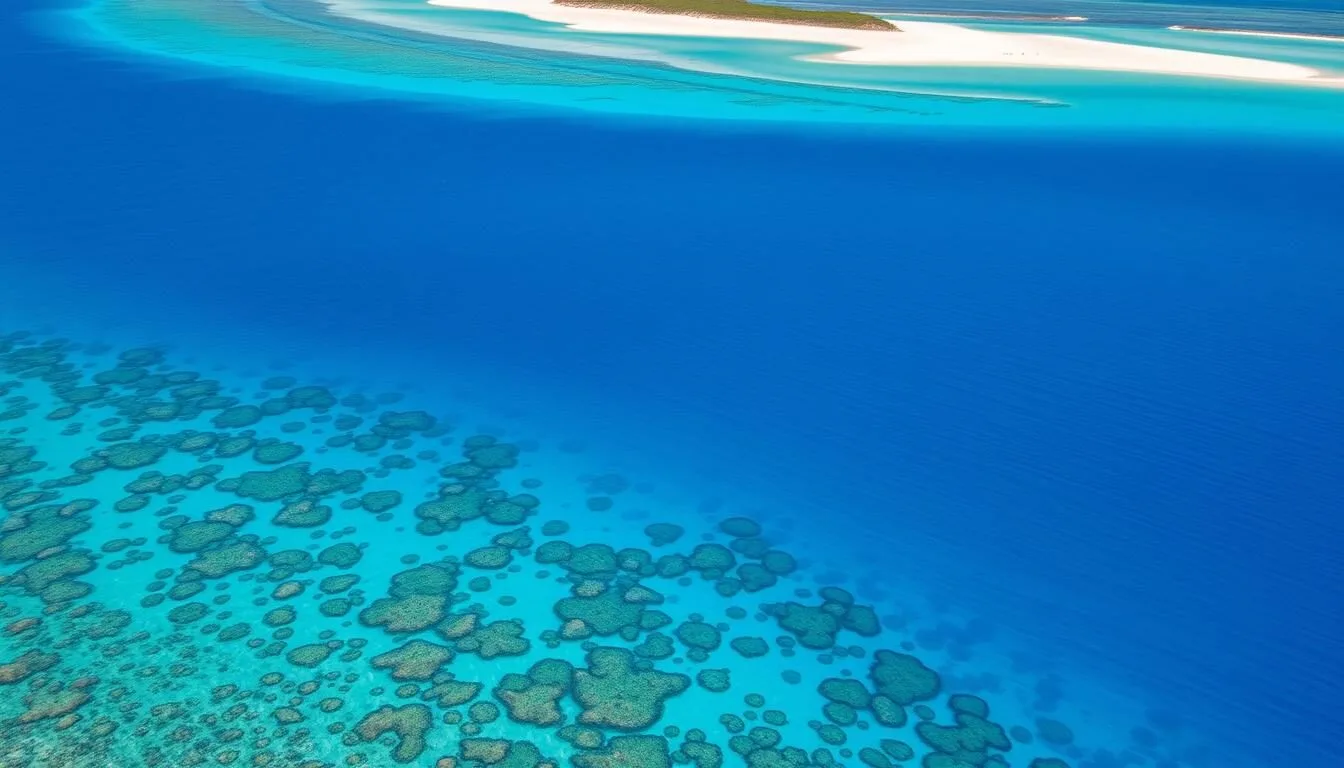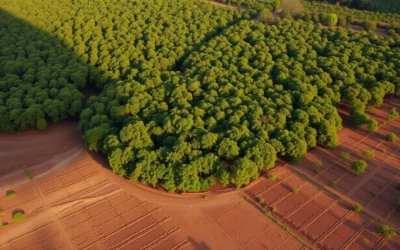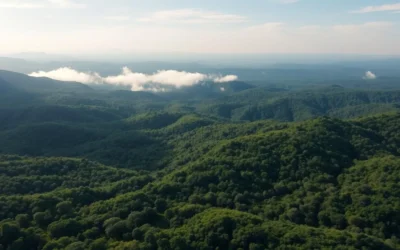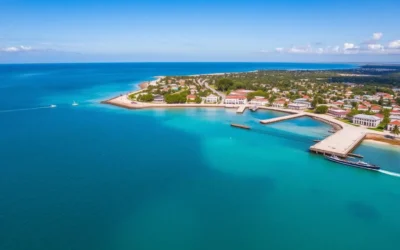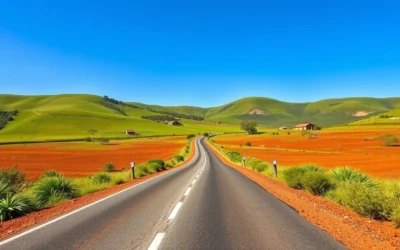Did you know that Nosy Ve-Androka National Park is home to the world’s third-largest coral reef system? This marine protected area spanning 91,445 hectares along Madagascar’s southwestern coast remains one of the country’s best-kept secrets. With its pristine beaches, vibrant coral gardens, and rich marine biodiversity, this park offers travelers a rare glimpse into an untouched underwater paradise that few get to experience.
Overview of Nosy Ve-Androka National Park
Officially established in 2015, Nosy Ve-Androka National Park belongs to Madagascar’s Marine Sud ecoregion. The park encompasses a diverse range of marine habitats including extensive coral reefs, medium-depth shallows dotted with coral shoals, and pristine beaches. This protected area is vital to the survival of the Vezo people, semi-nomadic fisherfolk who have relied on these waters for generations—as they say, “the coral reef is the vezo’s treasure.”
The park’s landscape is characterized by its remarkable coral reef ecosystem, recognized as one of the richest in tropical waters. This marine sanctuary provides a critical habitat for hundreds of species, including endangered sea turtles, dolphins, whales, and numerous fish species that thrive in these nutrient-rich waters.
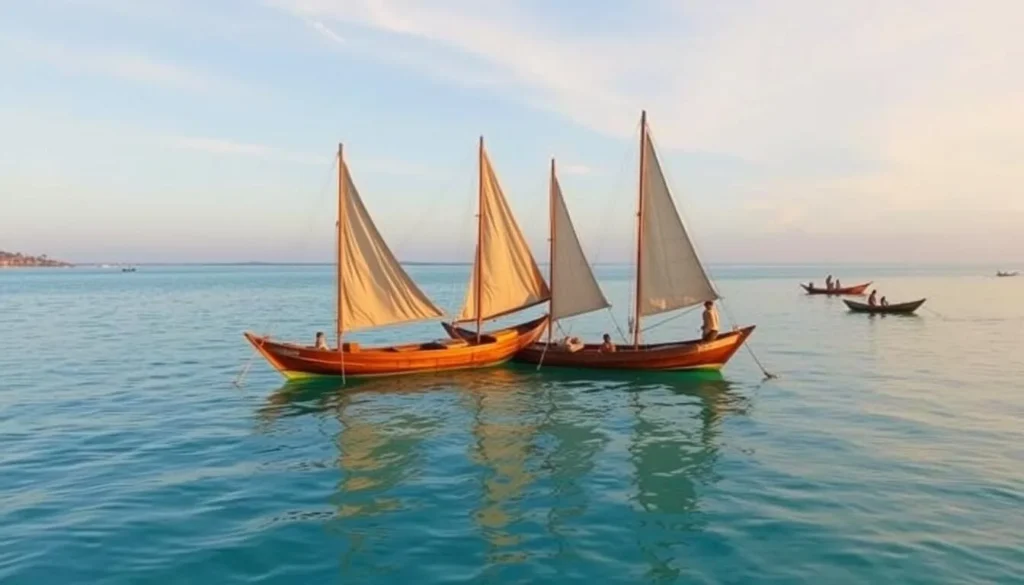
Ready to Explore Madagascar?
Find the best flights to start your Nosy Ve-Androka adventure.
Getting There & Planning Your Journey
Reaching Nosy Ve-Androka National Park requires some planning, but the journey is part of the adventure. The park stretches along the coastline south of the Tsimanampesotse National Park to the southern extremity of the Androka Rural Commune.
By Air
The most convenient route begins with a flight to Toliara (also spelled Tuléar), which has regular connections from Antananarivo, Madagascar’s capital. From Toliara, you’ll need to arrange further transportation to the park.
By Sea
From Toliara, speedboats travel to Anakao, a coastal village that serves as a gateway to the park. The boat journey takes approximately 1-1.5 hours and offers stunning coastal views. From Anakao, you can arrange for a 4×4 vehicle to take you along the coastal track to villages on the outskirts of the park.
By Land
For the adventurous traveler, a land route is possible. Follow Route Nationale 7 from Toliara to Andranovory, then Route Nationale 10 toward Fort-Dauphin as far as south of Betioky. From there, return to the coast at Beheloke along the Itomboina corridor, which will lead you to the park area.
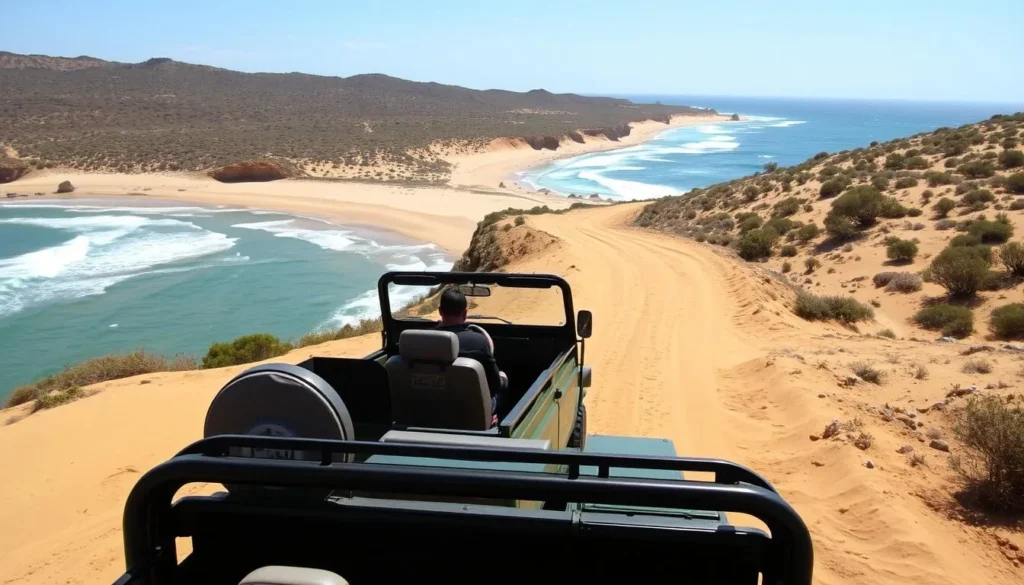
Need Transportation?
Rent a reliable 4×4 vehicle to navigate Madagascar’s coastal roads.
Best Time to Visit & Weather Tips
The southwestern region of Madagascar where Nosy Ve-Androka National Park is located experiences a hot, arid climate with very little rainfall. Understanding the seasonal patterns will help you plan an optimal visit.
Best Time to Visit Nosy Ve-Androka
Recommended Months (April-November)
- Dry season with stable weather conditions
- Excellent visibility for snorkeling and diving
- July-September: Humpback whale migration season
- Comfortable temperatures between 22-28°C (72-82°F)
- Less risk of cyclones or heavy rains
Months to Avoid (December-March)
- Rainy season with potential for cyclones
- Higher humidity levels
- Reduced visibility for underwater activities
- Some accommodations may close during this period
- Difficult road conditions for land travel
Local Climate Note: The region experiences cyclical drought patterns, with records indicating a dry spell approximately every five years. Annual rainfall is typically below 400 mm, making it one of the driest areas in Madagascar. Pack accordingly with sun protection, light clothing, and plenty of water.
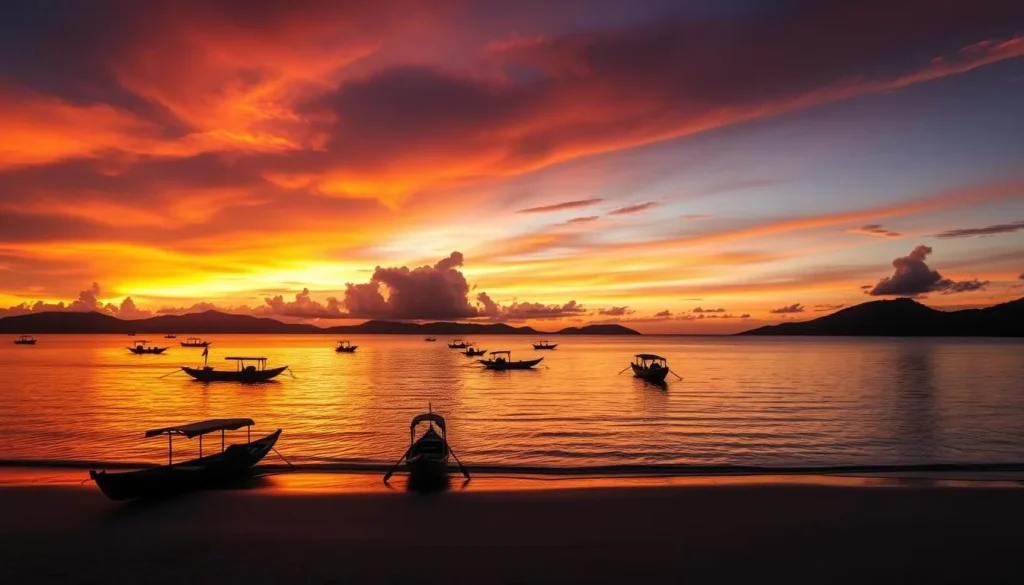
Attractions, Sightseeing & Activities
Nosy Ve-Androka National Park offers a wealth of natural attractions and activities for visitors to enjoy. From underwater explorations to cultural experiences, here are the top things to do during your visit.
Snorkeling and Diving
The park’s extensive coral reef system offers some of Madagascar’s best snorkeling and diving opportunities. With over 140 species of corals and 240 species of fish, underwater enthusiasts will be rewarded with spectacular marine biodiversity. Look for colorful reef fish, sea turtles, and the occasional dolphin pod.
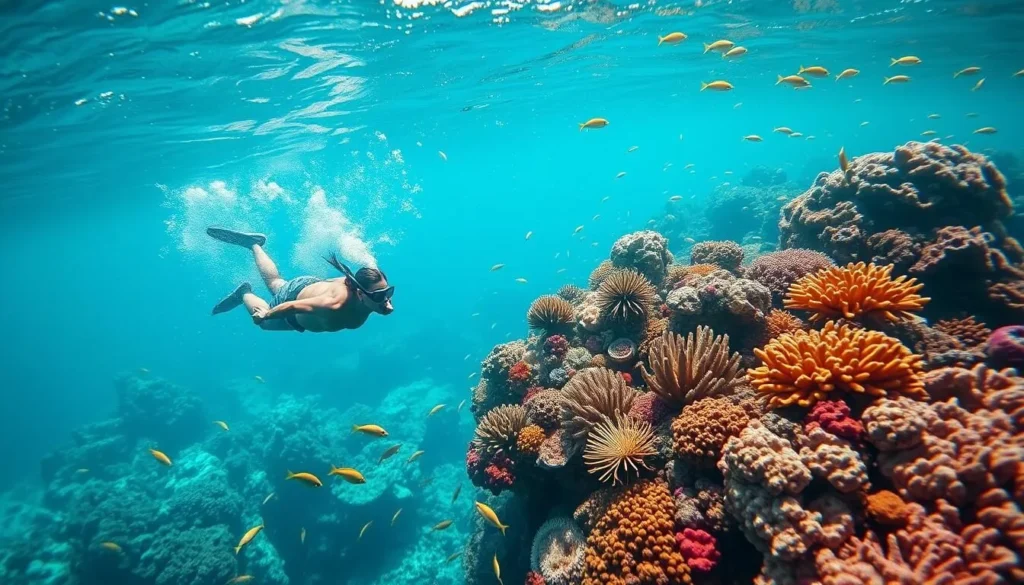
Nosy Ve Island Visit
Nosy Ve is an uninhabited coral island that forms part of the national park. It’s one of only two places in Madagascar where you can observe red-tailed tropicbirds nesting year-round. The island is considered sacred by local communities and requires respectful visitation. Its pristine beaches and surrounding waters make it perfect for a day trip.
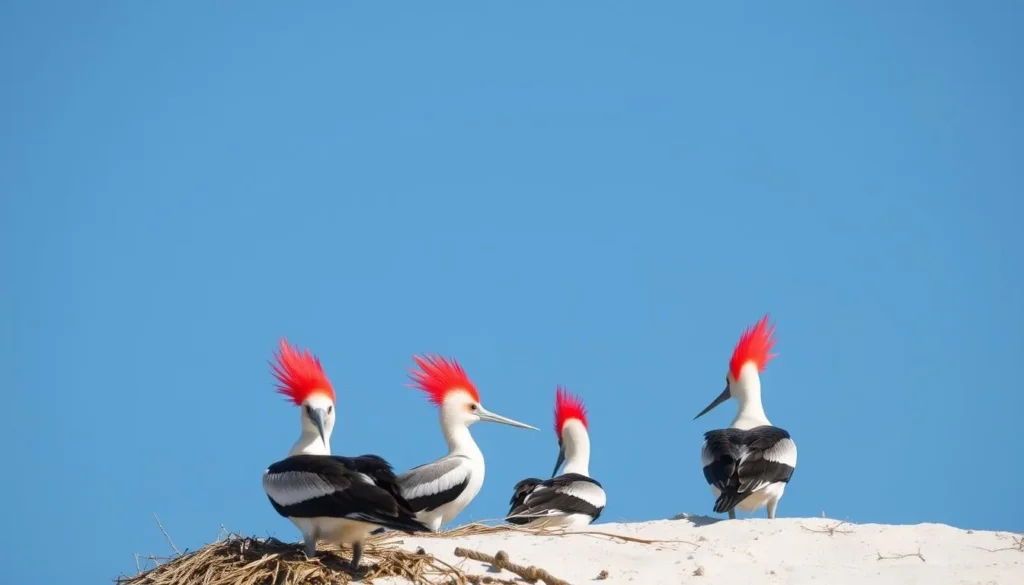
Traditional Fishing Experience
Arrange a day trip with local Vezo fishermen to learn their traditional fishing methods that have been passed down through generations. This cultural exchange provides insight into sustainable fishing practices and the deep connection between local communities and the marine environment.
Experience Local Activities
Book guided tours and authentic experiences in and around Nosy Ve-Androka National Park.
Whale Watching (Seasonal)
From July to September, humpback whales migrate through the waters off Madagascar’s southwest coast. Boat excursions during this period offer the chance to observe these magnificent creatures as they breach and play in the waters near the park.
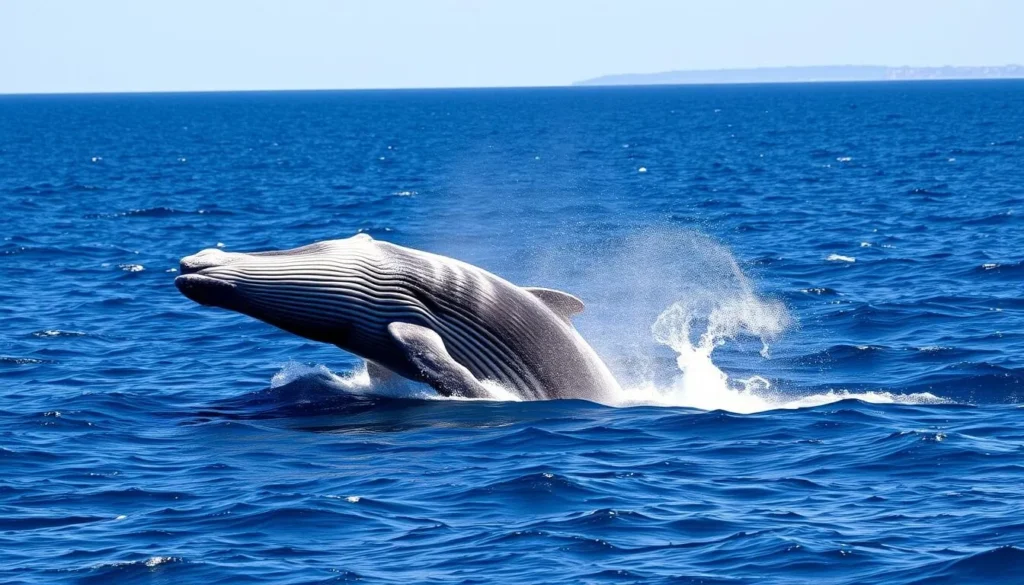
Biodiversity & Conservation
Nosy Ve-Androka National Park is a biodiversity hotspot with remarkable ecological significance. The park’s conservation efforts focus on protecting this unique ecosystem while supporting sustainable development for local communities.
Marine Life
The park is home to an impressive array of marine species:
- Sea Turtles: Five species including the critically endangered hawksbill turtle (Eretmochelys imbricata) and the endangered green turtle (Chelonia mydas)
- Marine Mammals: Dolphins (Cephalorhynchus sp.) and seasonal humpback whales (Megaptera sp.)
- Fish: 240 species, including two critically endangered species like the sawfish (Pristis pectinata)
- Corals: 140 species forming the backbone of this rich ecosystem
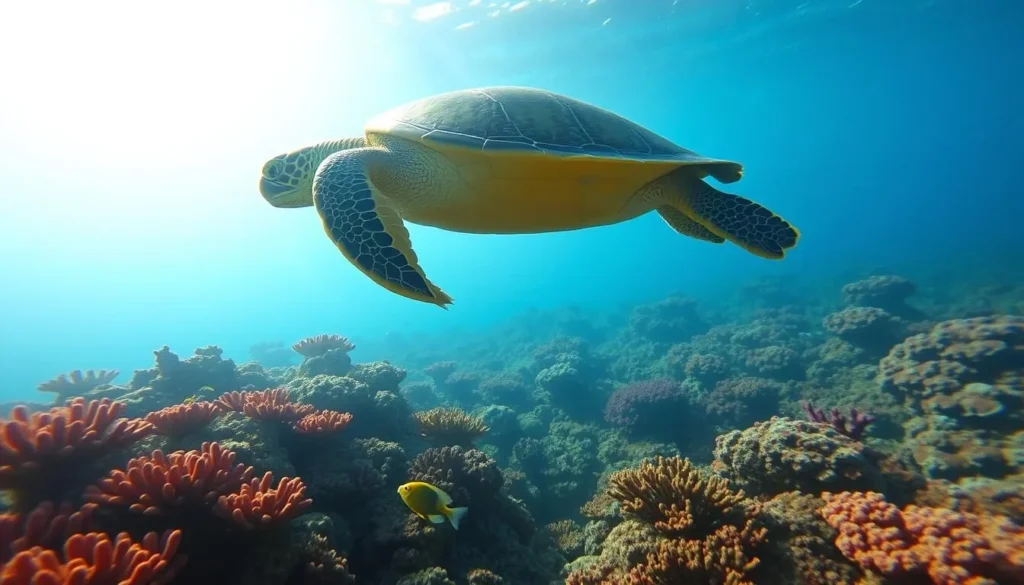
Conservation Challenges
The park faces several environmental challenges that conservation efforts aim to address:
- Coral trampling and overturning from unregulated tourism
- Damage from anchoring boats or pirogues on reef structures
- Hanging fishing nets on corals
- Coral bleaching due to climate change
The Madagascar National Parks organization works collaboratively with local communities through Local Park Committees (CLPs) and Committees for the Orientation and Support of Protected Areas (COSAPs) to ensure sustainable management of the park’s resources.
Visitor Responsibility: When visiting the park, follow all guidelines provided by park rangers and tour guides. Avoid touching or standing on coral, use designated anchoring areas, and take all trash with you when leaving.
Where to Stay
Accommodation options near Nosy Ve-Androka National Park are limited but offer authentic experiences. Most visitors base themselves in Anakao, which provides easier access to the park.
Anakao Ocean Lodge
This beachfront lodge offers comfortable bungalows with sea views, a restaurant serving fresh seafood, and can arrange boat trips to Nosy Ve and other parts of the national park. Their knowledgeable staff can help organize various activities in the region.
Safari Vezo
A more budget-friendly option with simple but clean accommodations right on the beach. The lodge embraces eco-friendly practices and offers a genuine connection to local Vezo culture and cuisine.
Homestays
For travelers seeking an immersive cultural experience, some villages near the park offer basic homestay accommodations with local families. These provide insight into traditional Vezo life but expect very simple facilities.
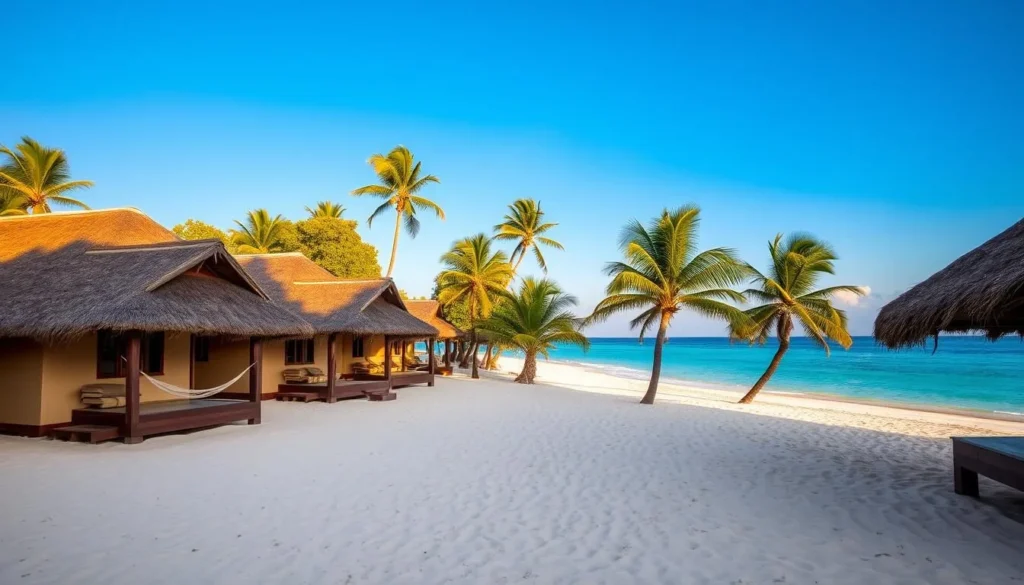
Find Your Perfect Stay
Book accommodations near Nosy Ve-Androka National Park for an unforgettable Madagascar experience.
Dining & Local Cuisine
The coastal region around Nosy Ve-Androka offers fresh seafood and traditional Malagasy dishes that reflect the area’s cultural heritage and natural resources.
What to Try
- Fresh Seafood: Locally caught fish, octopus, and lobster prepared with minimal seasoning to highlight their natural flavors
- Coconut Rice: A staple accompaniment to many dishes, often flavored with local herbs
- Romazava: Madagascar’s national dish consisting of beef and mixed greens in a flavorful broth
- Koba: A traditional sweet made from ground peanuts, rice flour, and banana
Most dining options are found within lodges and guesthouses, as standalone restaurants are rare in this remote region. Many accommodations offer full-board options, which is recommended given the limited alternatives.
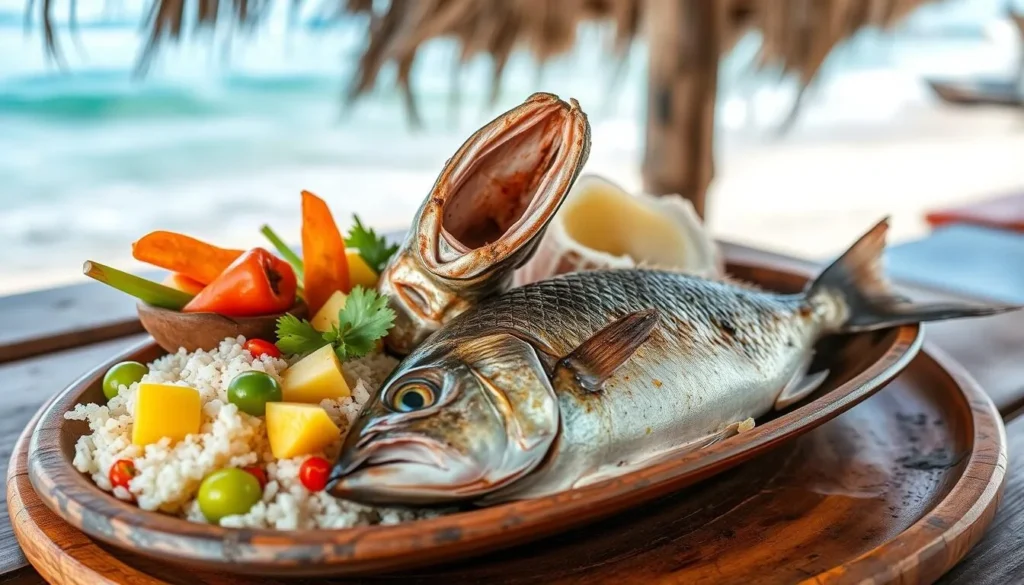
Practical Travel Tips
Essential Information
- Park Fees: Visitors must pay an entrance fee that contributes to conservation efforts. Fees vary for nationals and international visitors.
- Currency: The local currency is the Malagasy Ariary (MGA). Bring cash as ATMs and card facilities are not available in remote areas.
- Language: Malagasy is the official language, with French widely spoken. English is limited in rural areas.
- Electricity: Power supply is inconsistent. Bring portable chargers and adapters (Madagascar uses Type C, D, E, and J plugs).
- Internet: Connectivity is limited and unreliable in the park area.
Safety & Etiquette
When visiting Nosy Ve-Androka National Park and surrounding communities, respect local customs and traditions:
- Nosy Ve Island is considered sacred (fady) by local people. Follow all guidelines provided by guides.
- Ask permission before photographing local people.
- Dress modestly when visiting villages (shoulders and knees covered).
- Remove shoes when entering traditional homes if requested.
- Contribute to the local economy by hiring local guides and purchasing locally made crafts.
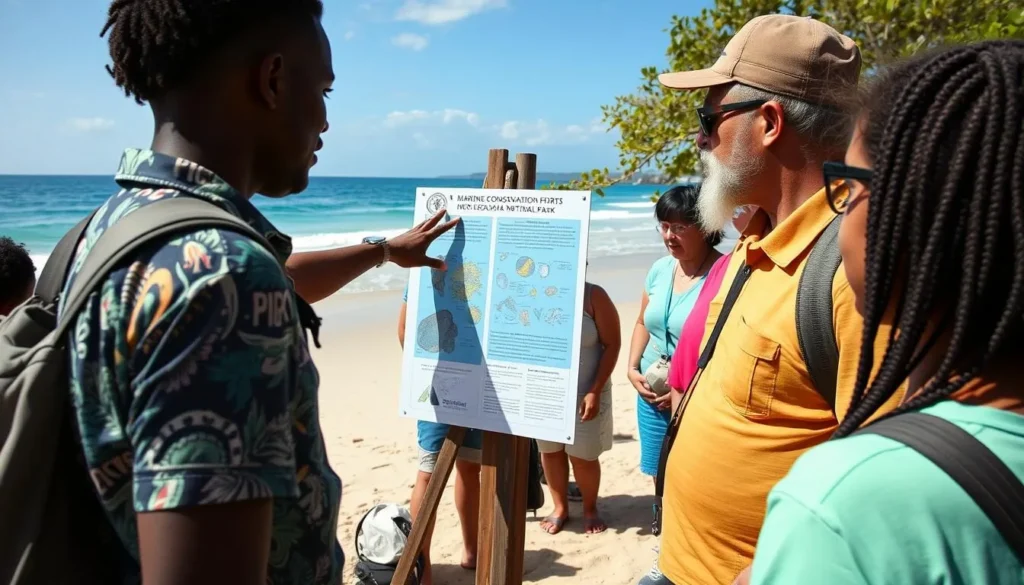
What to Pack
- Reef-safe sunscreen and sun protection (hat, sunglasses, light long-sleeved clothing)
- Insect repellent
- Reusable water bottle and water purification tablets
- Basic first aid kit including anti-diarrheal medication
- Snorkeling gear (though rentals may be available)
- Dry bag for boat trips
- Comfortable walking shoes and sandals
Experience the Wonders of Nosy Ve-Androka
Nosy Ve-Androka National Park offers a rare opportunity to experience one of Madagascar’s most pristine marine environments. From the vibrant underwater world of its coral reefs to the cultural richness of the Vezo communities who have lived in harmony with the sea for generations, this hidden gem rewards those willing to venture off the beaten path.
By visiting responsibly and supporting local conservation efforts, you contribute to the preservation of this extraordinary ecosystem for future generations. Whether you’re snorkeling among colorful fish, watching red-tailed tropicbirds on Nosy Ve Island, or simply relaxing on untouched beaches, Nosy Ve-Androka promises memories that will last a lifetime.
Ready for Your Madagascar Adventure?
Start planning your journey to Nosy Ve-Androka National Park today!
The above is subject to change.
Check back often to TRAVEL.COM for the latest travel tips and deals.
